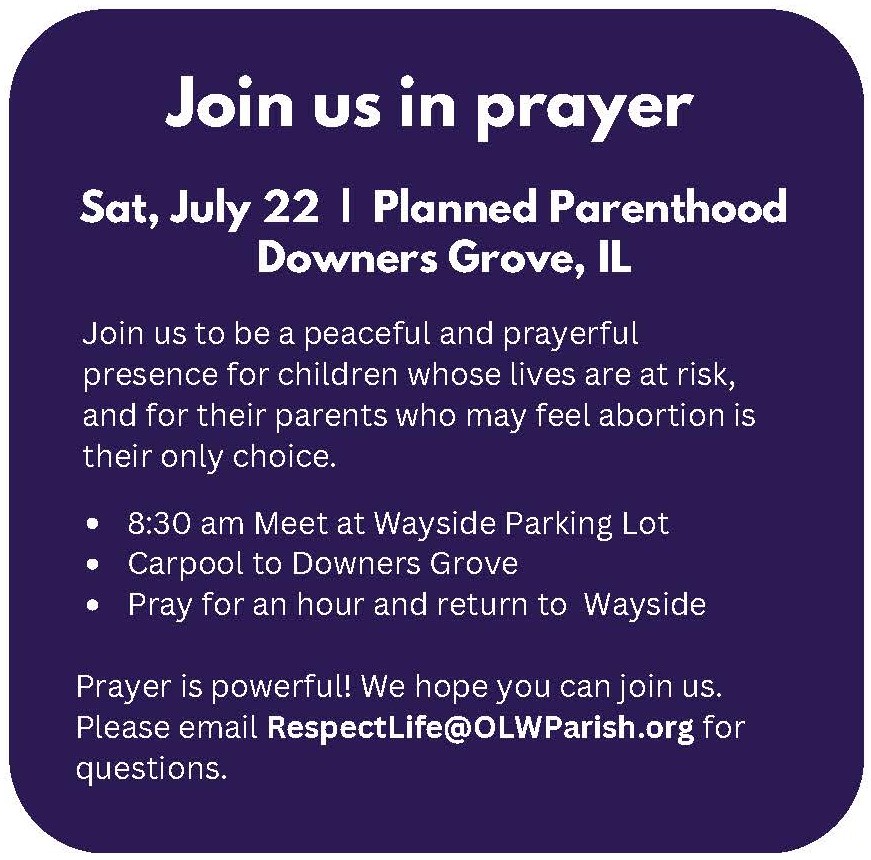Respect Life Corner: Your Body is Your Temple

Today our culture seems to prioritize self-gratification. We see it in instant online shopping, social media’s endless scrolling and most unfortunately one-night stands or contraception. The latter has major consequences with unplanned pregnancies seen as inconvenient and consequently aborted. It’s easy to forget that our bodies and the body of every other person are temples that God created in His likeness and for Him to reside in. St. John Paul II explores what this means in our relationships and how to view ourselves as God does through His work, the Theology of the Body.
Here are 5 key features:
- It’s about the other person. In an age when many individuals approach their relationships as ways of seeking their own pleasure, interests, or gain, St. John Paul II reminds us that such self-assertion is a dead end that will never lead to the love and happiness we long for. We are made for giving love, not getting love, and are most fulfilled when giving ourselves to others.
- We are not meant to be alone. Here, St. John Paul II reflects on Genesis 2:18: “It is not good for man to be alone.” Adam comes to realize that he is different from animals and more than a body — that he has a spiritual dimension. There is nothing else in creation like him. John Paul II explains that man only finds fulfillment when he lives in a relationship of mutual self-giving, living not for himself, but for another person.

- Sexual intimacy in marriage is a complete giving of one’s body and soul. Next, John Paul II reflects on how oneness in flesh does not refer merely to a bodily union, but points to a deeper spiritual union. Since the body reveals the soul, when man and woman give their bodies to each other in marital intercourse, they give themselves to each other. This is opposite to secular culture’s view of sexual intimacy where the main purpose is with our own pleasure in mind and without any regard for the body’s capacity to express self-giving love.
- In relationships of mutual respect, you are beloved. Before the fall, sin had not yet entered into the world and we were free from all selfish desires. We sought the good of the other and not as an object to be used. In this kind of environment of complete mutual love and responsibility, personal intimacy can flourish. In such a relationship with total trust one feels free to give himself as he really is, knowing that he will be welcomed.
- In sinful relationships, we are viewed as objects. After the fall, man stopped seeing his beloved as a person entrusted to him and a gift he longs to serve selflessly. John Paul II says Adam “felt that he had just stopped…being above the world of” the animals, which are driven by instinct and desires (p. 116). Now his heart’s love for Eve is tainted by selfish desires to use her and view her primarily in terms of sexual value.
While we are unable to go back to the ideal relationship that existed in the Garden of Eden, we can accept Christ’s redemptive work in our lives and experience healing of our disordered passions. With His help, we can make an effort to see our relationships the way God does. We have to choose Him, and once we do that, there would naturally be a profound respect for life.
CLICK HERE to read the full article.
Click HERE to read Theology of the Body
We’d love for you to join our Ministry! Email RespectLife@olwparish.org for more information or to join.
Tags: #contraception, #prolife, #respectlife, #sex, #theologyofthebody, #unwantedpregnancy


Comments are closed here.